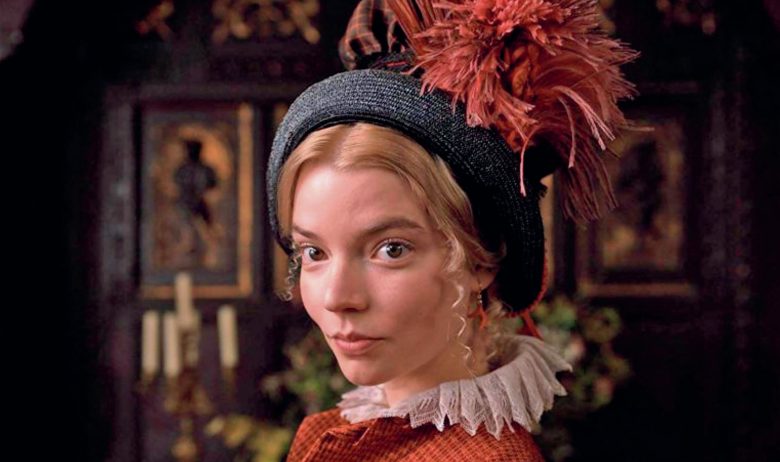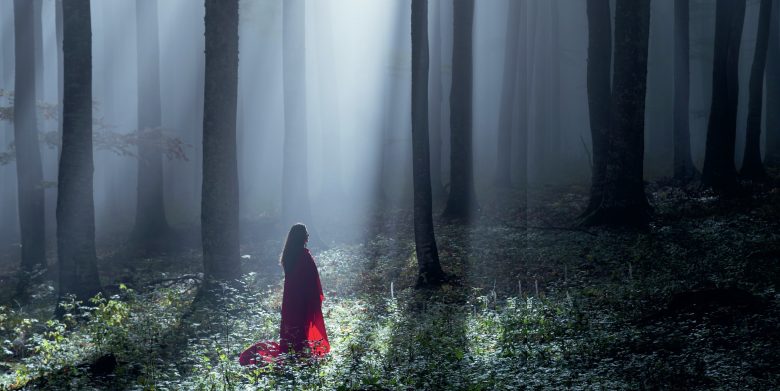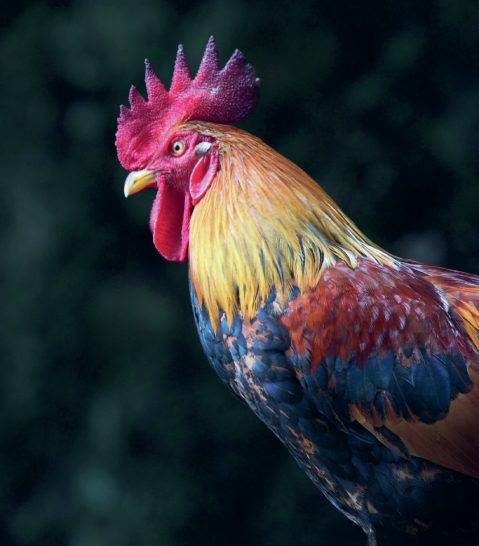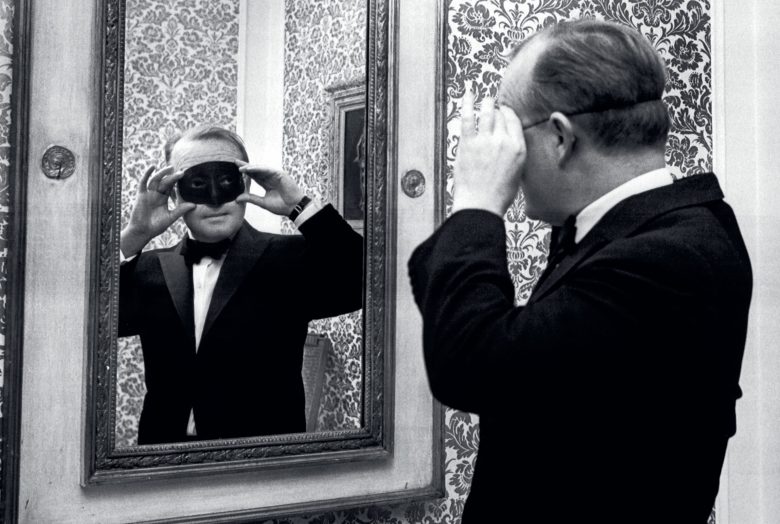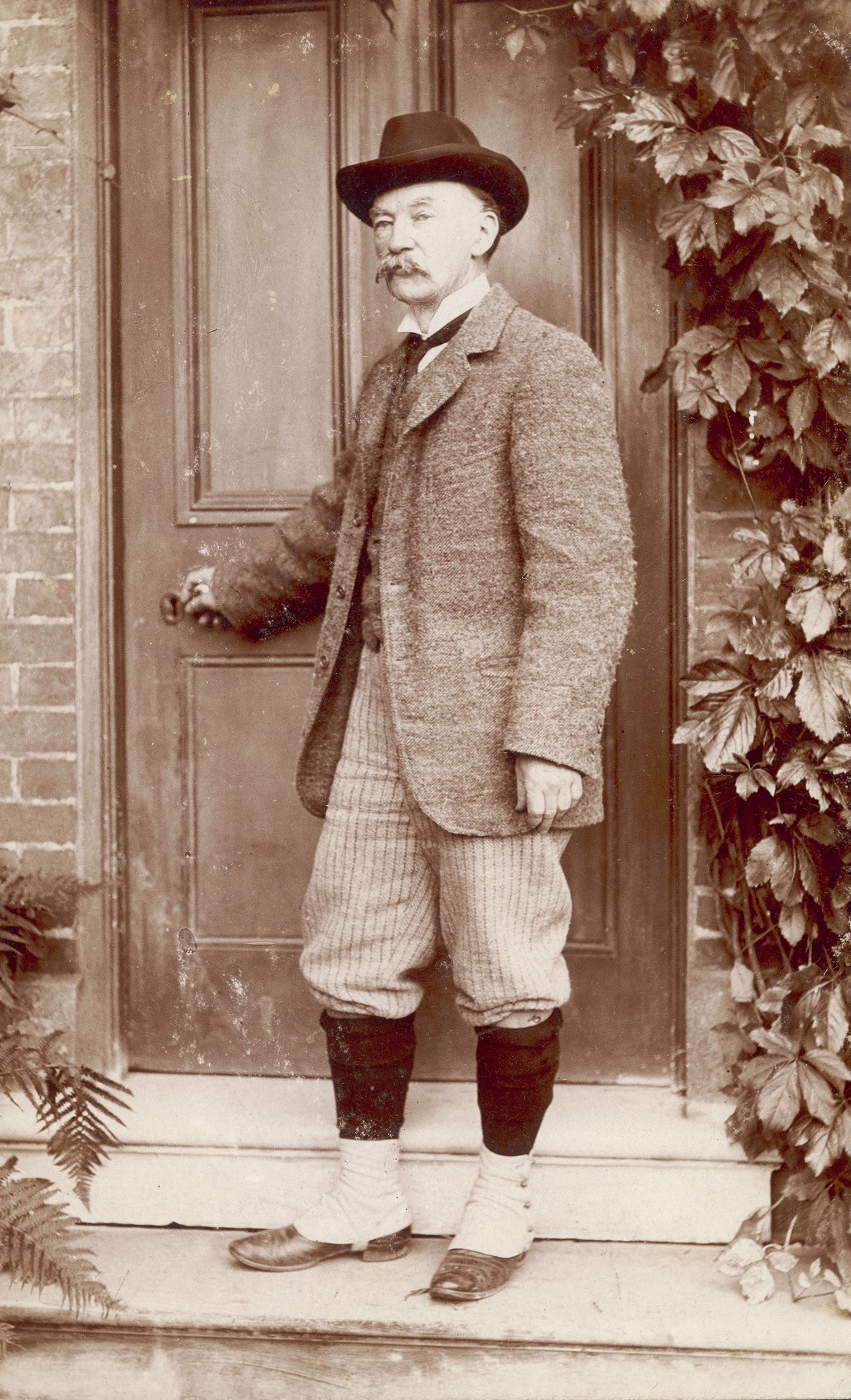
In 1928, the year that Hardy died, Britain became a full democracy as women gained the vote on the same terms as men. Modernity was advancing at new speeds, with air travel in full flight. Cities had come increasingly to dominate over the countryside in the century before and rivalry between European nations had led to the unprecedented destruction of the First World War. Unemployment among the working classes, and the poverty and working conditions that resulted in the Great Strike of 1926, contrasted strikingly with the prosperity of the middle and upper classes.
Hardy, born in 1840 when Britain was still a rural economy, wrote 14 novels, some 948 poems, and more than 40 short stories, many of which, like his novels, appeared first in serial form in the periodical press. He sought to address a number of social questions in his work, from inequalities and injustices of class and gender to animal welfare. ‘What are my books but one plea against “man’s inhumanity to man” — to woman — and to the lower animals?’ he remarked to his friend the journalist William Archer in 1901 (Archer in Gibson, p. 50).
Your organisation does not have access to this article.
Sign up today to give your students the edge they need to achieve their best grades with subject expertise
Subscribe

